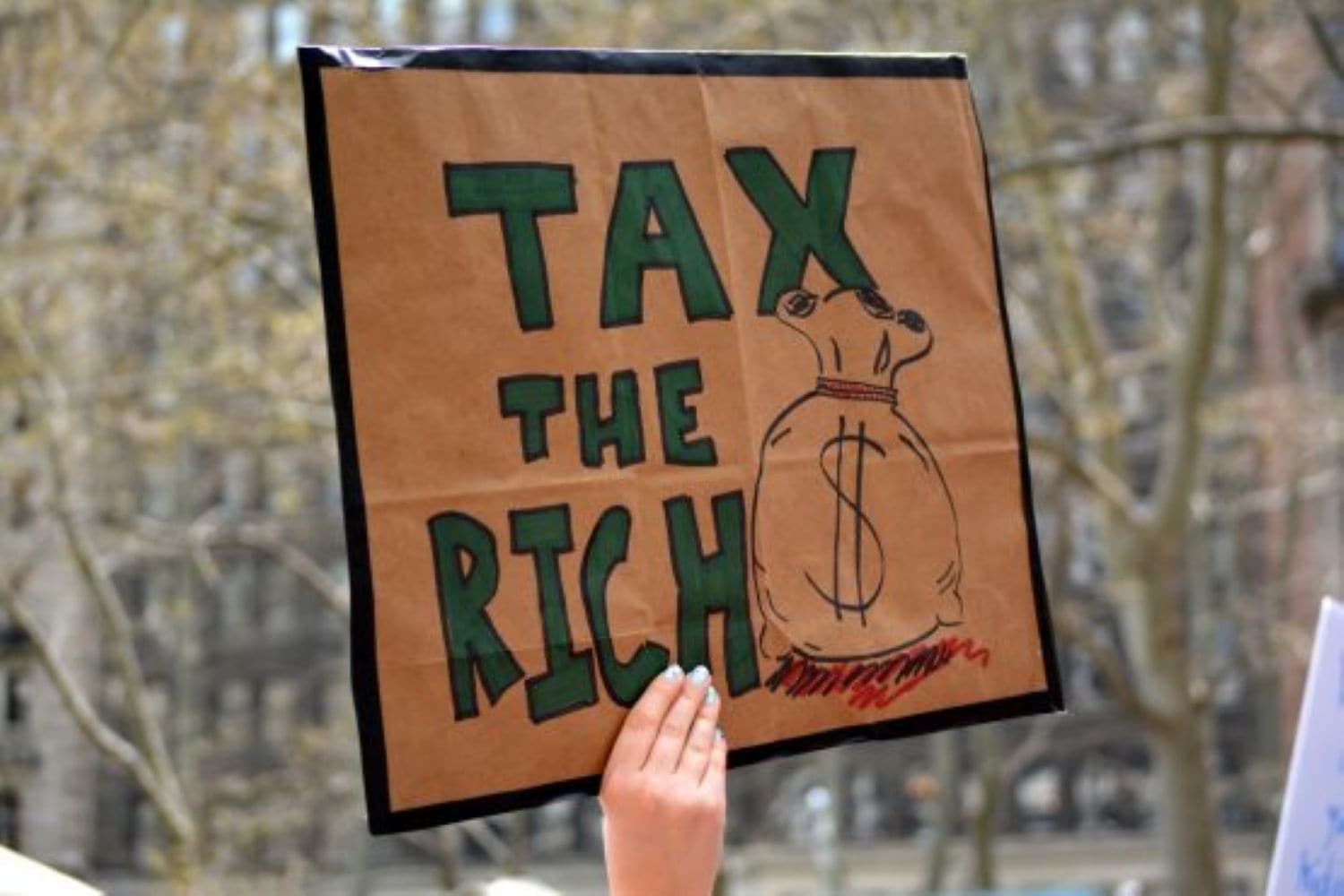Working group says National Treasury should adopt measures that do not disproportionately impact working-class South Africans.

A grouping of civil society organisations, trade unionists and activists is calling on the South African government to take action to “tax the rich” and tackle corporate tax abuse.
The South African Tax Justice Working Group is represented by organisations such as Cosatu, Oxfam, and the Institute for Economic Justice (IEJ). It made the call ahead of the G20 Finance Track meeting currently underway at the Zimbali Resort on KZN’s North Coast.
“This week, as finance ministers of the G20 gather in KwaZulu-Natal, we call on the South African government to match its global commitments with bold domestic action to … stop tax abuse by multinational corporations,” it stated.
The taxation of high-net-worth individuals has become a growing focus in international policy discussions.
A study commissioned by the G20 and led by economist Gabriel Zucman estimates that a 2% tax on the wealth of the world’s 3 000 wealthiest billionaires could generate between $200 billion (R3.6 trillion) and $250 billion (R4.5 trillion) annually.
ALSO READ: Will South Africa’s rich pay wealth tax or find ways to avoid it?
The issue gained further traction at the G20 Summit in Rio de Janeiro, Brazil, in November 2024. Early in July this year, Spain and Brazil launched a joint initiative to promote higher global taxation of the ultra-wealthy.
The proposal was formally introduced at the United Nations 4th International Conference on Financing for Development, held in Sevilla, Spain, and is expected to shape upcoming negotiations on international tax cooperation.
“South Africa joined the Sevilla Platform for Action [SPA] on taxing high-net-worth individuals at the conference, which signals a significant commitment to fairer taxation of the wealthy,” the tax working group notes.
ALSO READ: Budget 2025: Is wealth tax coming for South Africa’s rich?
In a statement issued after the launch in Spain, Oxfam noted that Spain, Brazil and South Africa had taken an important step in “forging an alliance … to show political will for taxation of the super-rich”.
“Now other countries must follow their lead and join forces,” Oxfam tax justice policy lead Susana Ruiz said, adding that COP30 in Brazil and the G20 in South Africa are key opportunities for international cooperation to tax the super-rich.
ALSO READ: Many wealthy taxpayers are leaving SA due to increasingly high taxes
Working group declaration
The South African Tax Justice Working Group also adopted a declaration calling on government to champion progressive positions on international tax reform in its work as the G20 presidency.
“South Africa has not only the potential to play a leading role in [implementing a wealth tax], but also stands to benefit due to the reality of unprecedented inequality within this country.”
It said National Treasury should take advantage of this international momentum to advance a progressive taxation agenda and work towards a wealth tax and other proposals that do not disproportionately impact working-class South Africans, unlike value-added tax (Vat) and other regressive measures.
In May, shortly before tabling the third iteration of South Africa’s 2025 Budget, Finance Minister Enoch Godongwana told parliament he does not support the idea of a wealth tax to address the budget shortfall, arguing that wealthy individuals in South Africa already contribute through various existing taxes.
This article was republished from Moneyweb. Read the original here.






